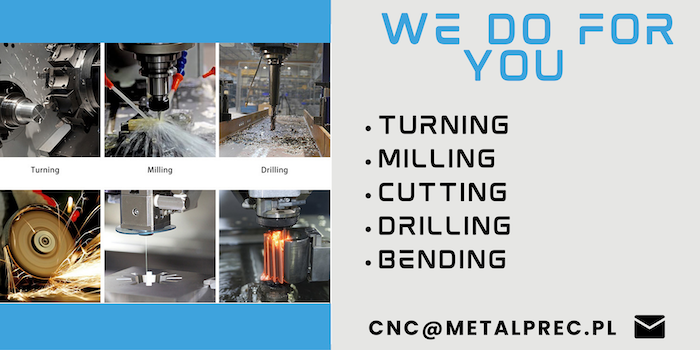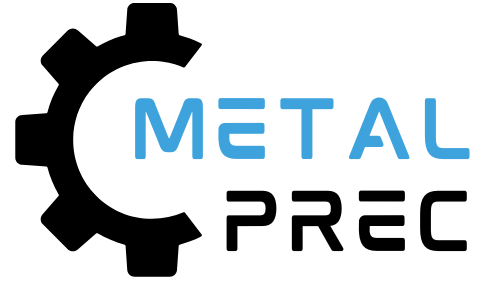The medical industry is an industry that requires a high level of precision and expertise in equipment design. It is used to treat many diseases, to improve the quality of people’s lives, so it is important that it is made from the best quality materials. Medical equipment includes parts that can be created using a variety of traditional and automated techniques.
CNC machining is one of the most popular techniques of modern automated machining, used to create equipment parts for the medical industry.
Below we would like to introduce you to the benefits of CNC machining for the medical industry.

What is CNC machining?
CNC machining is a process in which programmed computer software dictates the movement of tools and machines. This process allows multiple machines from milling machines, grinders, lathes, milling machines to CNC routers to be controlled simultaneously. CNC technology has made it possible to perform multiple operations with a single machine.
The CNC process is the opposite of manual control, where the operator has to intervene with tool commands using levers, buttons and wheels during the production of a component. Today’s CNC machines are therefore fully automated, eliminating the need for direct human control of the machine. This significantly speeds up work and minimises errors.
Benefits of CNC machining in the medical industry
Below are the advantages to help you understand the importance of CNC machining in the medical industry:
- Automated machining processes – most CNC machining processes, such as CNC milling and turning, metal punching, sheet metal folding, etc., are fully automated. These processes are controlled by computers and software, which minimises the scope for error and ensures a high level of precision,
- No restrictions on the volume of work – CNC machines use computer-aided design for programming, which helps direct the machines to work. A CAD file can generate a cutting programme, which can then be used to create single or multiple parts with high accuracy. CNC machining helps create single, unique parts for surgical products, prosthetics and medical devices in small and large quantities.
- Fast and multi-faceted production – the medical industry uses equipment and devices equipped with parts with complex geometries. Today, 4-axis and 5-axis CNC machining is becoming increasingly popular. This is an advanced method that allows any geometric design to be realised in a very short time. In the medical industry, there are often emergencies that are difficult to predict, but with the help of CNC machining, high-quality parts can be delivered in a short time.
- CNC machining does not require additional set-up – it can take weeks to complete many manufacturing processes. However, if you are trying to build unique parts in a short period of time, CNC machining is the best choice as it requires no additional set-up.
- Tight tolerances – most medical equipment parts require tight tolerances, which can be easily achieved with CNC machines. CNC machines create surface finishes that do not require secondary finishing, and automated machining reduces the risk of deviation from the original design.
- Ability to work with a variety of construction materials – standard CNC machines can work on materials such as stainless steel, mild steel, aluminium, titanium, etc., which are used to create a variety of medical parts. CNC machines work precisely, accurately, thereby ensuring a smooth finish.
If you have any questions about CNC machining for the medical industry, we encourage you to contact our professionals, who will be happy to provide all the answers.
